Hit the Grand Slam! Paulini announced the new coach for the last ditch effort
In April 2025, Italian tennis star Martina Paolini announced a decision that shocked the tennis world: she would partner with former Spanish professional Marc López, who officially became her new head coach. The announcement comes at a time when Paulini's slump at the Australian Open and Sunshine North America at the beginning of the year has sparked speculation about her career's "last-ditch fight". Although Lopez's career has been underwhelming – he has a top singles ranking of 106, has never won a singles title and his best Grand Slam singles result is only in the second round of the French Open, but he won the men's doubles gold medal with Rafael Nadal at Rio 2016. Behind this cooperation is not only Paulini's desire to break through the bottleneck of the Grand Slam, but also another verification of the tennis law that "players and coaches are not necessarily positively correlated".
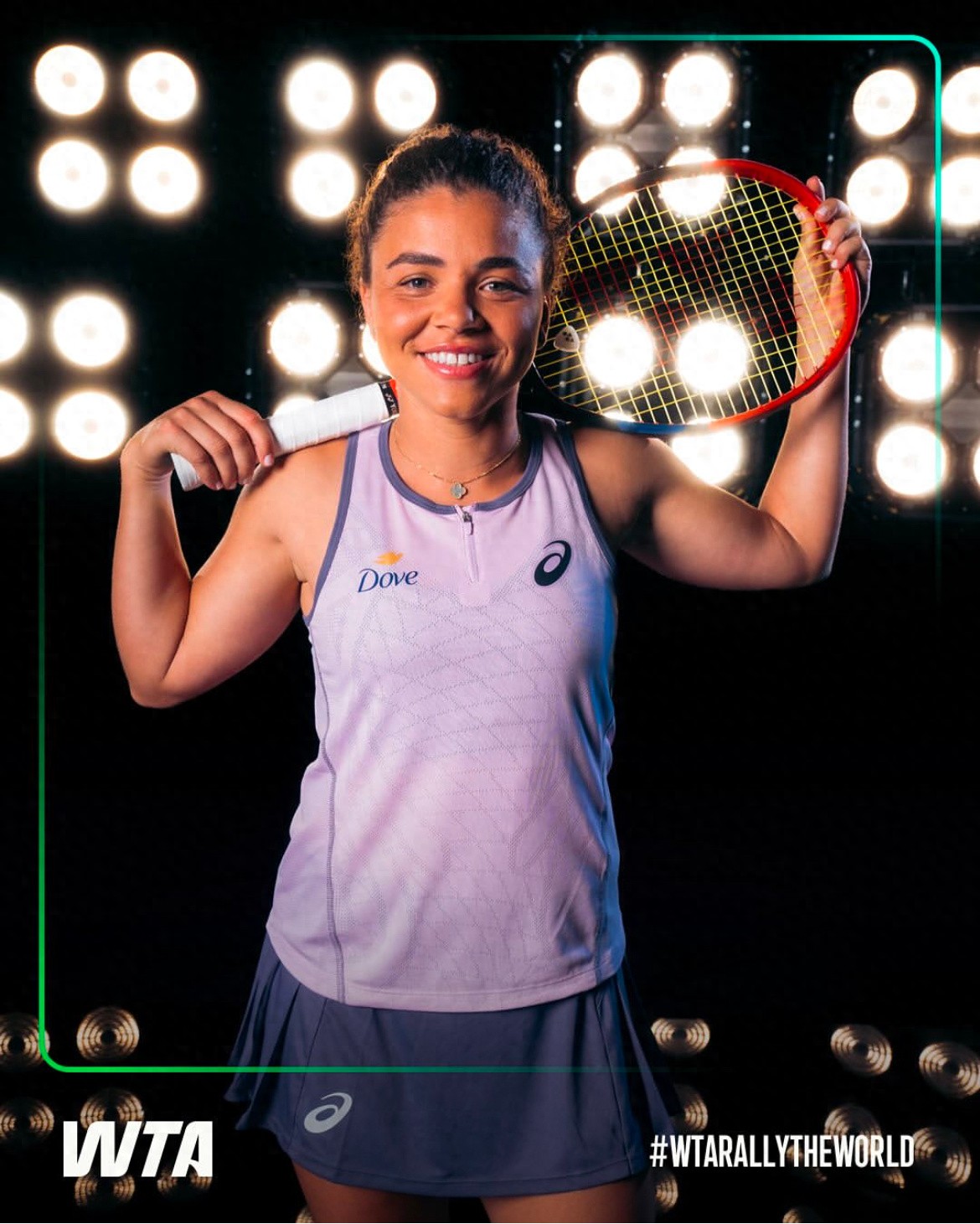
Mark Lopez has been labelled as a "doubles specialist" throughout his playing career. Despite his mediocre singles results, his achievements in doubles cannot be overlooked: he has won 14 doubles titles in his career, including gold medals at Rio 2016 and silver medals at the 2012 French Open. Known for his delicate volleys in front of the net, his tactical awareness, and his particular ability to strategize with his partner in high-pressure situations, this experience could be a key strength in his tenure at the helm of Paulini.
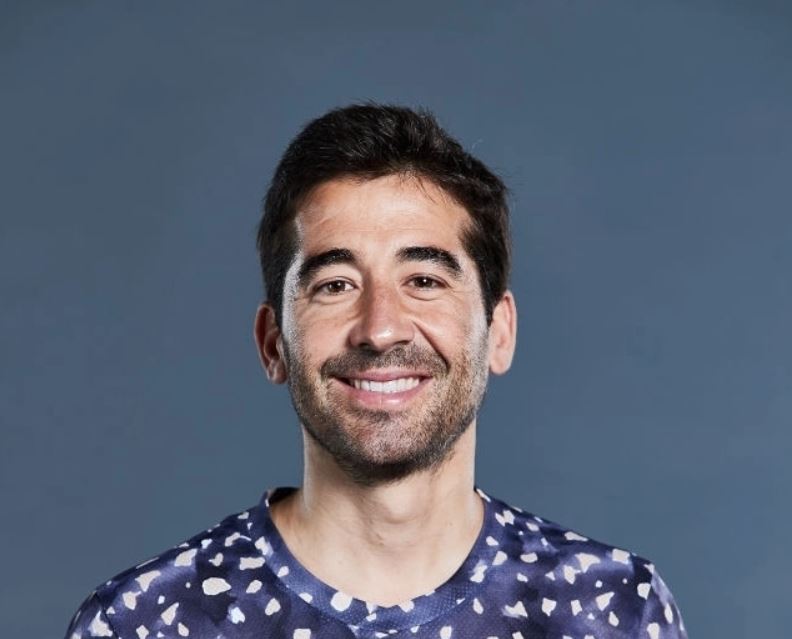
It is worth noting that although Lopez's coaching resume is not prominent, his professional experience is similar to that of many "counterattack coaches" in the tennis world. For example, although the Argentine coach Carlos Rodriguez was unknown when he was a player, he successively guided players such as Haining and Li Na to the top of the Grand Slam and the Olympic Games, and was known as the "founder of Chinese tennis"; Belgian coach Wim Fisset, who also had a bleak career, has led Naomi Osaka, Halep and Kerber to world No. 1 and Grand Slam titles. These cases prove that the core competencies of coaches lie in the insight into technical details, the control of psychological construction, and the ability to innovate tactically, rather than the achievements of their own player era.
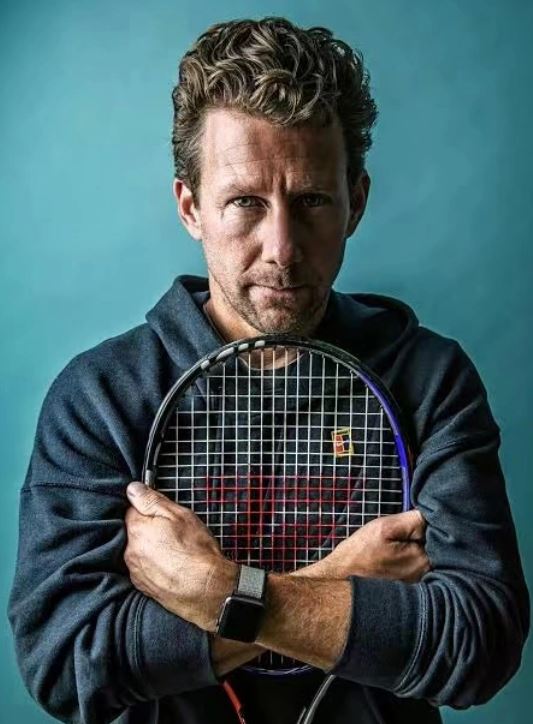
2024 will be the pinnacle of Paulini's career: she won her first WTA1000 title in Dubai; Runners-up at the French Open and Wimbledon; and partnered with Errani to win the Olympic women's doubles gold medal; The year-end ranking climbed to fourth in the world. However, as she enters the 2025 season, her form has dropped significantly, with the Australian Open in the third round and the Middle East and Indian Wells failing to break past the quarterfinals. Although her form in Miami has recovered and she has reached the semi-finals, her physical bottlenecks, hesitation to deal with key points, and the cracking of her opponent's targeted tactics have exposed the limitations of her technical system.
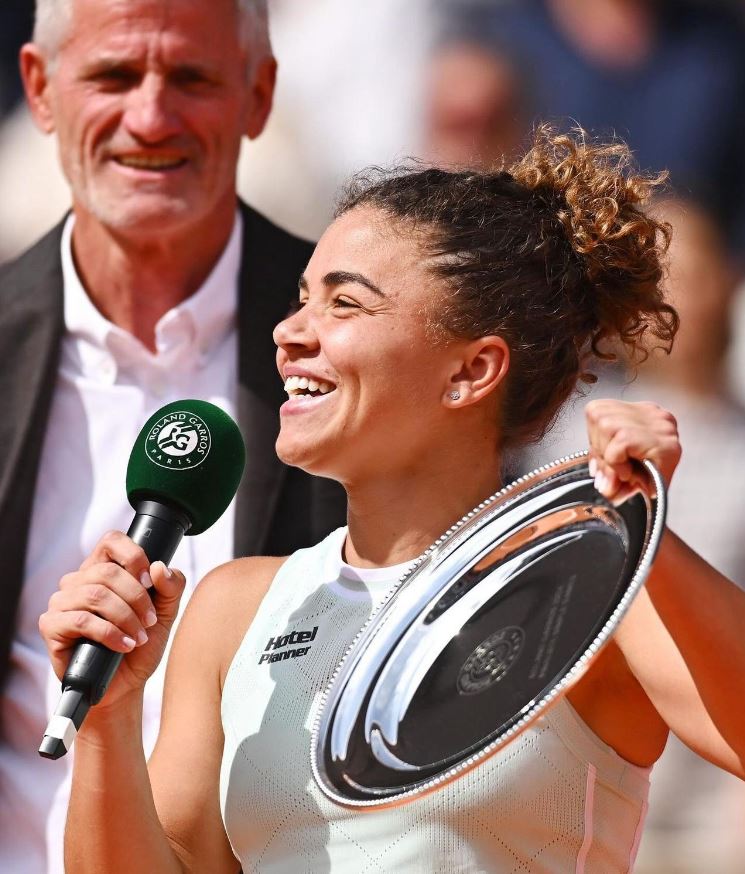
Choosing to cooperate with Lopez at this time is undoubtedly a strategic adjustment. At the age of nearly 30, Paulini has few days left in her professional prime, and a Grand Slam singles title is an imminent goal. Lopez's doubles experience may bring her the following improvements: First, the tactical upgrade in front of the net, Paulini's baseline confrontation ability is already top-notch, but the scoring efficiency in front of the net is relatively low. Lopez's doubles experience can help him develop more flexible volleys and high-pressure ball tactics to enrich his scoring tools; Secondly, the mental toughness is strengthened, and Lopez's experience of winning the reversal with Nadal in the Olympic final may help Paulini optimize her decision-making ability in high-pressure situations. Finally, teamwork thinking, doubles requires a high level of tacit understanding and communication, which can be translated into the ability to dynamically capture the opponent's weaknesses in singles matches.
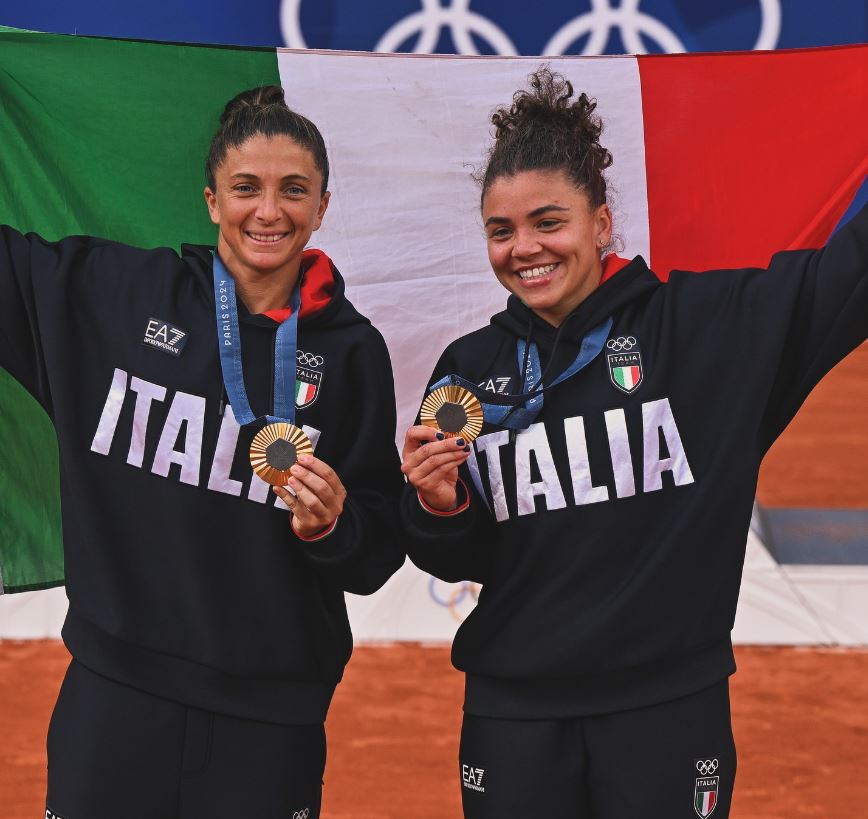
In the history of tennis, there has been very little correlation between a coach's ability to coach and his career achievements. Carlos Rodriguez is a prime example: he never made it to professional tennis, but his deep understanding of mental training brought Li Na back from the brink of retirement and helped her win the 2014 Australian Open. Through scientific training and data analysis, Fassett helped Naomi Osaka achieve the transformation of the "queen of hard courts", and helped Kerber return to the top in 18 years to defeat Serena Williams to win the Wimbledon championship.
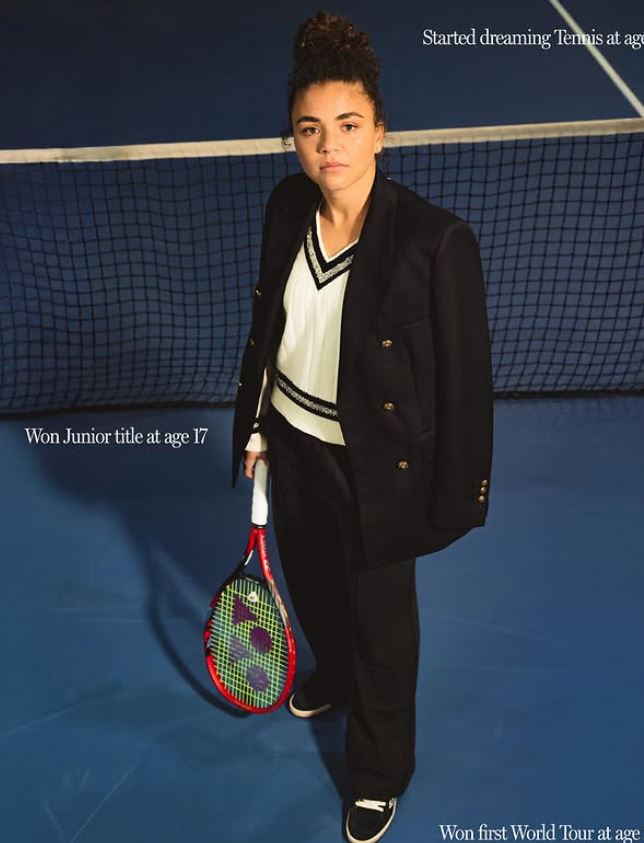
What these coaches have in common is their ability to translate their macro understanding of the game into personalized training plans that precisely match the technical and psychological needs of their players. If Lopez wants to replicate success, he needs to make efforts in the following aspects: first, optimize the technical details, and design targeted training for Bolini's lack of backhand stability and single service landing point; Second, the event strategy is adjusted, and the physical fitness distribution plan is optimized according to the characteristics of the Grand Slam long-handicap competition system; Third, psychological breakthrough guidance helps Paulini overcome the "runner-up demon" (losing two consecutive Grand Slam finals in 2024) and build a stronger championship mentality.
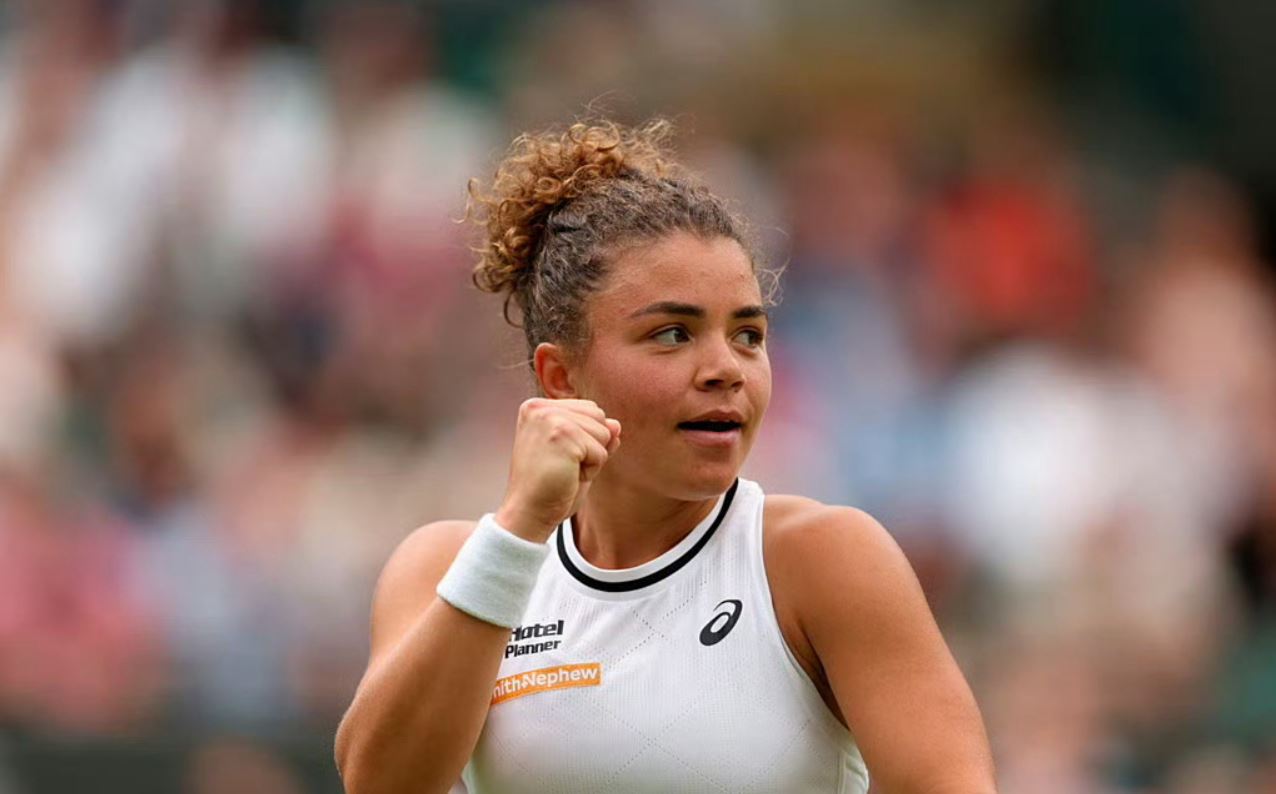
Bolini's partnership with Lopez is essentially a high-risk, high-reward bet. If successful, she will completely get rid of the label of "uncrowned king"; Failure could hasten the end of his career. In addition, this cooperation also has implications for the tennis ecosystem: the value of coaches should be judged beyond the achievements of their playing days, and pay more attention to the innovation and adaptability of their coaching philosophy. As Carlos Rodríguez said: "The mission of a great coach is not to replicate his own success, but to ignite the fire in his players." ”
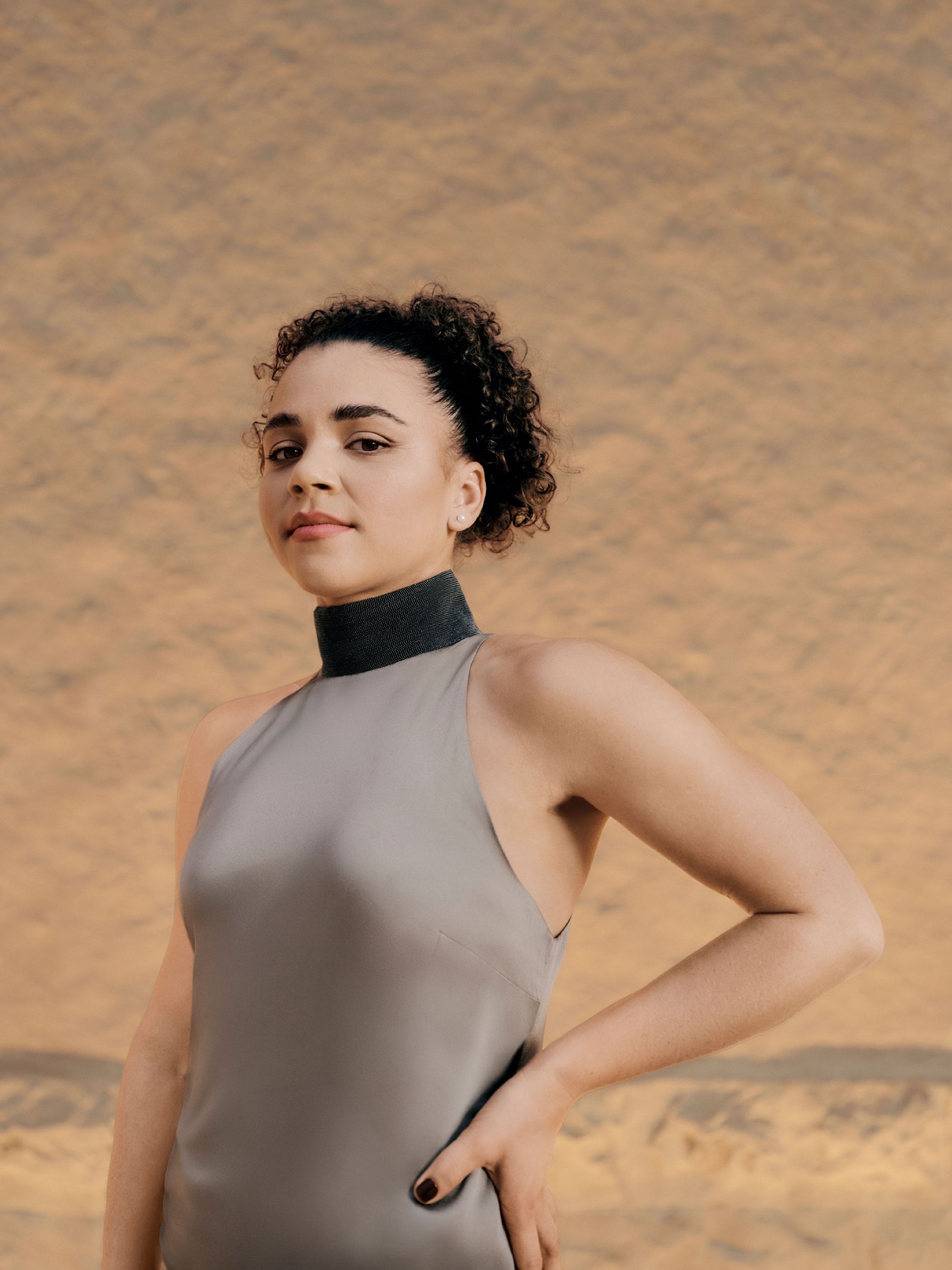
Bolini's choice is not only the ultimate challenge to her career, but also a redefinition of the value of tennis coaching. Whatever the outcome, this spirit of breaking the box and striving for excellence in the twilight years of his career has set the benchmark in the world of sport. Roland Garros and Wimbledon in 2025 may witness the nirvana of a veteran and the counterattack of a coach.(Source: Tennis Home Author: Xiaodi)







 Links
Links
 Contact
Contact
 App
App


